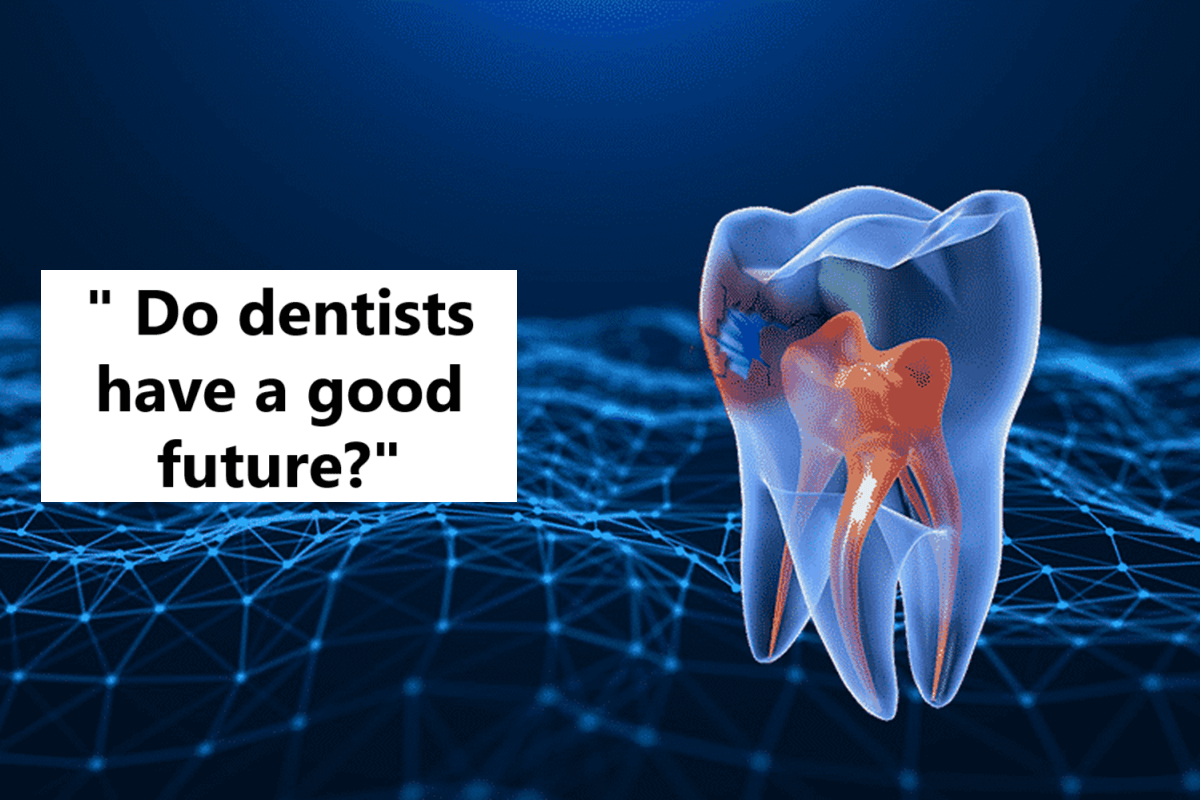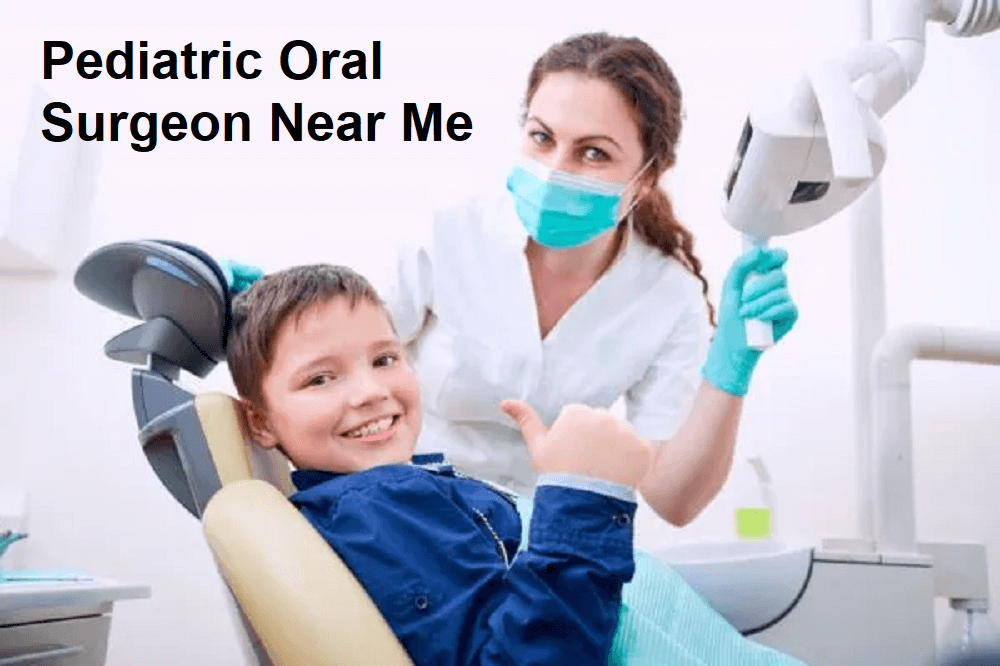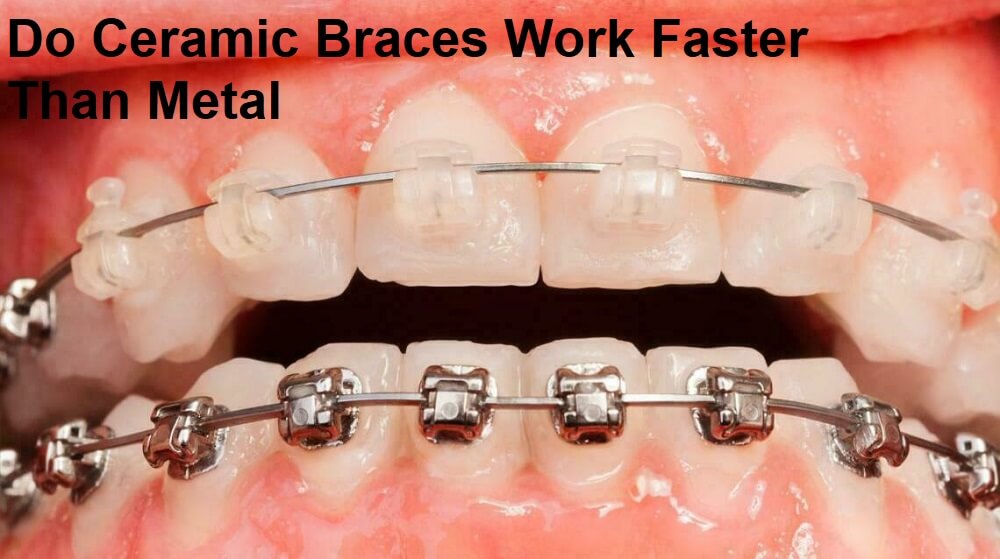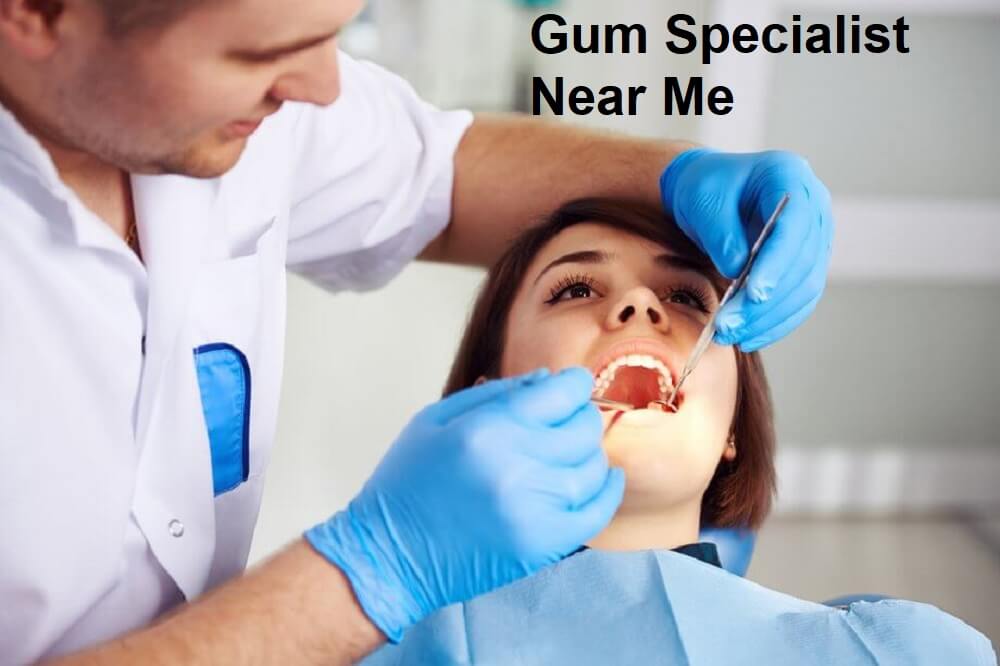Do Dentists Have a Good Future? In recent years, the field of dentistry has witnessed significant advancements and changes. As we navigate an ever-evolving healthcare landscape, aspiring professionals often ponder the future prospects of different careers. Among these, dentistry stands out as a field of great promise. This article explores the future outlook for dentists, delving into various aspects that shape their career trajectory.
“Do Dentists Have a Good Future?”
Introduction:
In recent years, the field of dentistry has witnessed significant advancements and changes. As we navigate an ever-evolving healthcare landscape, aspiring professionals often ponder the future prospects of different careers. Among these, dentistry stands out as a field of great promise. This article explores the future of Dental Specialist outlook for dentists, delving into various aspects that shape their career trajectory.
Understanding the Current Landscape
Dental Education and Specialisation:
The journey to becoming a dentist begins with rigorous education. Dental Specialist schools worldwide equip students with comprehensive knowledge and practical skills. Specialisations, ranging from orthodontics to oral surgery, further diversify the field, catering to various dental needs.
Technological Advancements in Dentistry:
Dentistry has embraced technology, revolutionising patient care. Innovations like digital imaging, 3D printing, and laser dentistry enhance diagnostics and treatment precision. These advancements not only streamline procedures but also improve patient outcomes.
Future Trends and Opportunities
Tele-Dentistry and Remote Consultations:
The digital era has ushered in tele-dentistry, enabling remote consultations and follow-ups. This trend enhances accessibility, allowing dentists to reach patients in rural or underserved areas. The convenience of virtual appointments is reshaping how dental care is delivered.
Focus on Preventive Dentistry :
Preventive dentistry is gaining prominence. Dental Specialist Dentists are emphasizing education and awareness to prevent oral health issues. Community outreach programs, school initiatives, and public awareness campaigns contribute to promoting good oral hygiene habits.
Integration of AI and Big Data:
Artificial Intelligence (AI) and Big Data analytics are transforming diagnostics and treatment planning. Dental Specialist Predictive algorithms assist dentists in identifying patterns, leading to personalized treatments. This data-driven approach enhances efficiency and improves patient satisfaction.
Job Market and Financial Prospects
Job Market and Demand :
The demand for dental services remains robust. Growing populations, aging demographics, and increased awareness about oral health contribute to sustained demand for dental professionals. Job security is a significant advantage in the dental profession.
Financial Stability and Income :
Dentistry offers financial stability. Dentists, especially those with specialized skills,Dental Specialist earn competitive incomes. Private practices and partnerships provide opportunities for wealth accumulation, making dentistry an economically viable career choice.
Quiz Questions
Question 1: Will advancements in dental technology likely:
a) Decrease the demand for dentists.
b) Have no impact on the future of dentistry.
c) Increase the need for skilled dentists.
d) Lead to the elimination of dental practices.
Correct answer: c) Increase the need for skilled dentists.
Question 2: Which factor is expected to contribute positively to the future of dentistry?
a) Declining interest in oral health education.
b) Aging populations with reduced dental needs.
c) Innovations in preventive dental care.
d) Reduction in dental schools’ enrollment.
Correct answer: c) Innovations in preventive dental care.
Question 3: How might automation impact the dental profession?
a) Diminish the role of dentists in patient care.
b) Create more job opportunities for dentists.
c) Have no effect on dental practices.
d) Increase the need for manual dental procedures.
Correct answer: a) Diminish the role of dentists in patient care.
Question 4: What effect might changes in insurance coverage have on dentistry’s future?
a) Decrease access to dental services.
b) Enhance affordability and accessibility.
c) Increase the number of dental professionals.
d) Have no impact on dental practices.
Correct answer: b) Enhance affordability and accessibility.
Question 5: Will teledentistry likely:
a) Limit patients’ access to dental care.
b) Improve convenience for patients.
c) Result in the closure of dental clinics.
d) Decrease the need for dental professionals.
Correct answer: b) Improve convenience for patients.
Question 6: How might demographic changes influence the future of dentistry?
a) Decrease demand due to a younger population.
b) Increase demand due to an aging population.
c) Result in decreased oral health concerns.
d) Have no effect on the dental profession.
Correct answer: b) Increase demand due to an aging population.
Question 7: What role might preventive dental care play in dentistry’s future?
a) Decrease in importance due to advanced treatments.
b) No impact on future dental practices.
c) Becoming a key focus for maintaining oral health.
d) Only applicable for pediatric dentistry.
Correct answer: c) Becoming a key focus for maintaining oral health.
Question 8: How might economic fluctuations affect the future of dentistry?
a) Decrease in demand for dental services during economic growth.
b) Increase in demand for dental services during economic downturns.
c) No correlation between economic changes and dental needs.
d) Reduction in dental professionals during economic stability.
Correct answer: b) Increase in demand for dental services during economic downturns.
Question 9: Which aspect is likely to contribute to a positive outlook for dentists?
a) Lack of technological advancements.
b) Rising awareness of overall health importance.
c) Reduction in dental research and development.
d) Decline in dental school graduates.
Correct answer: b) Rising awareness of overall health importance.
Question 10: How might changes in patient preferences affect dentistry’s future?
a) No impact on dental practices.
b) Increase in demand for traditional dental procedures.
c) Shift towards cosmetic procedures and aesthetic dentistry.
d) Decline in dental treatment-seeking behavior.
Correct answer: c) Shift towards cosmetic procedures and aesthetic dentistry.
Challenges and Adaptations
Challenges in the Dental Industry :
Challenges such as insurance complexities, regulatory changes, and patient expectations persist. Dental Specialist and Dentists must adapt to evolving industry dynamics, stay updated with regulations, and enhance their business acumen to thrive in a competitive market.
Continuing Education and Skill Enhancement:
Continuing education is crucial in dentistry. Rapid advancements necessitate continuous learning to provide state-of-the-art care. Dentists invest in workshops, certifications, Dental Specialist and skill enhancement programs to stay abreast of emerging techniques.
What country has the best dentists in the world?
Conclusion: Do Dentists Have a Good Future?
In conclusion, dentistry presents a promising future. Technological integration, preventive focus, job stability, and financial prospects contribute to the appeal of this profession. However, Dental Specialist, staying adaptable, embracing innovation, and committing to lifelong learning are imperative for dentists to thrive in this ever-changing landscape.
FAQs: Do Dentists Have a Good Future?
Q1: How long does it take to become a dentist?
A: Becoming a dentist typically requires a bachelor’s degree and four years of dental school, totaling eight years of education.
Q2: What are some common dental specializations?
A: Common dental specializations include orthodontics, oral surgery, periodontics, endodontics, and pediatric dentistry.
Q3: Is the demand for dentists the same in rural and urban areas?
A: The demand for dentists may vary, but tele-dentistry initiatives are bridging the gap, providing access to dental services in rural areas.
Q4: How often should one visit the dentist for regular check-ups?
A: It is recommended to visit the dentist every six months for regular check-ups and cleanings to maintain good oral health.
Q5: What role does preventive dentistry play in overall oral health?
A: Preventive dentistry focuses on education and practices that help prevent oral health issues, emphasizing the importance of regular cleanings, brushing, and flossing.
Keywords and Hashtags:
Keywords: dentists, dental profession, future outlook, dental education, specialization, technological advancements, tele-dentistry, preventive dentistry, AI in dentistry, job market, financial stability, challenges in dentistry,Dental Specialist, continuing education, oral health.
Hashtags: #DentistsFuture #DentalProfession #FutureOutlook #DentalEducation #TeleDentistry #PreventiveDentistry #AIDentistry #JobMarket #OralHealth #ContinuingEducation




